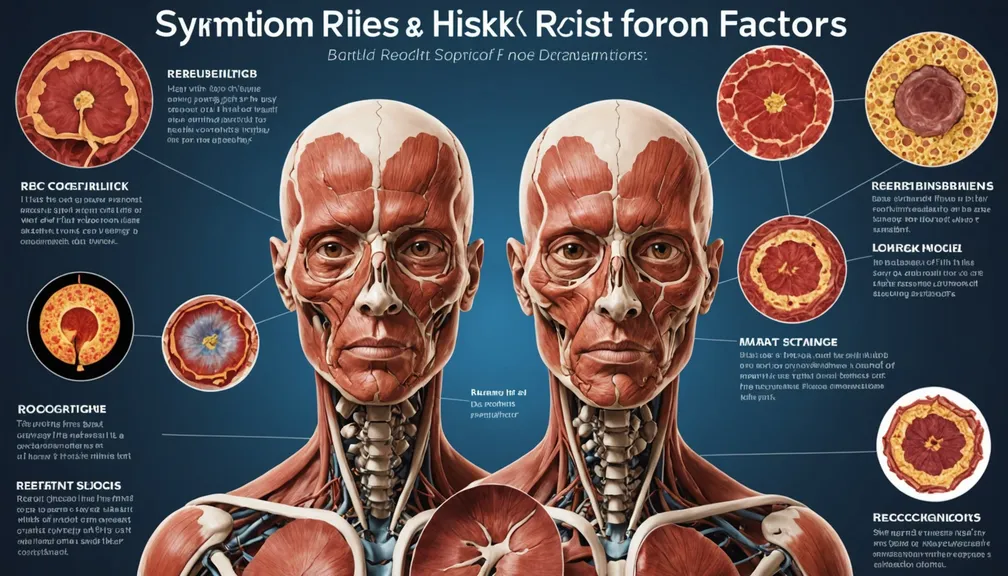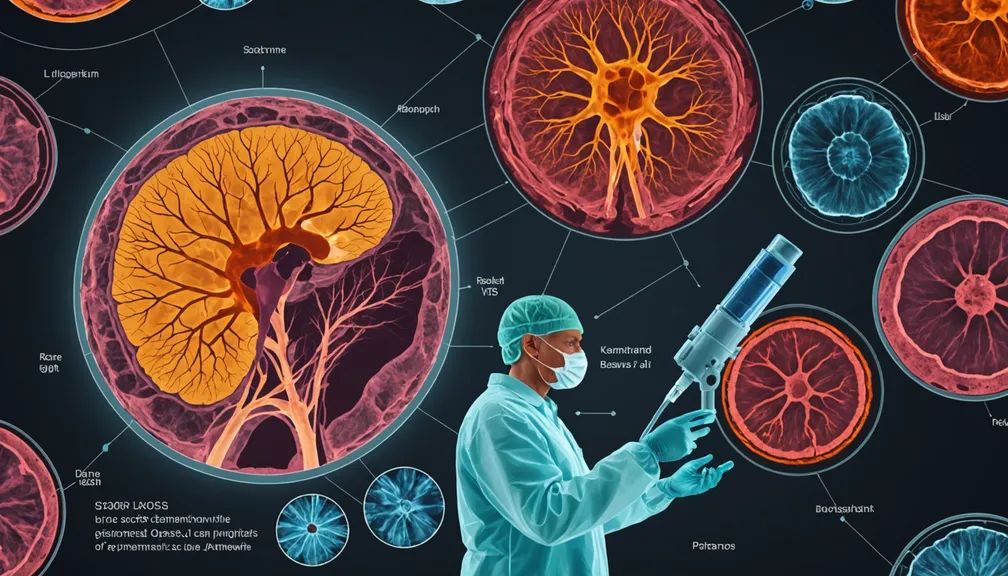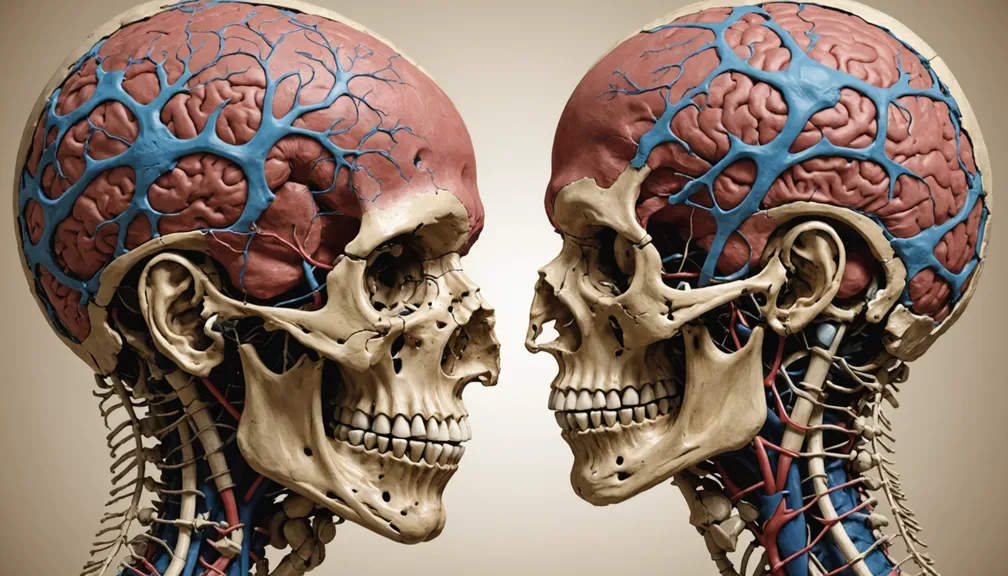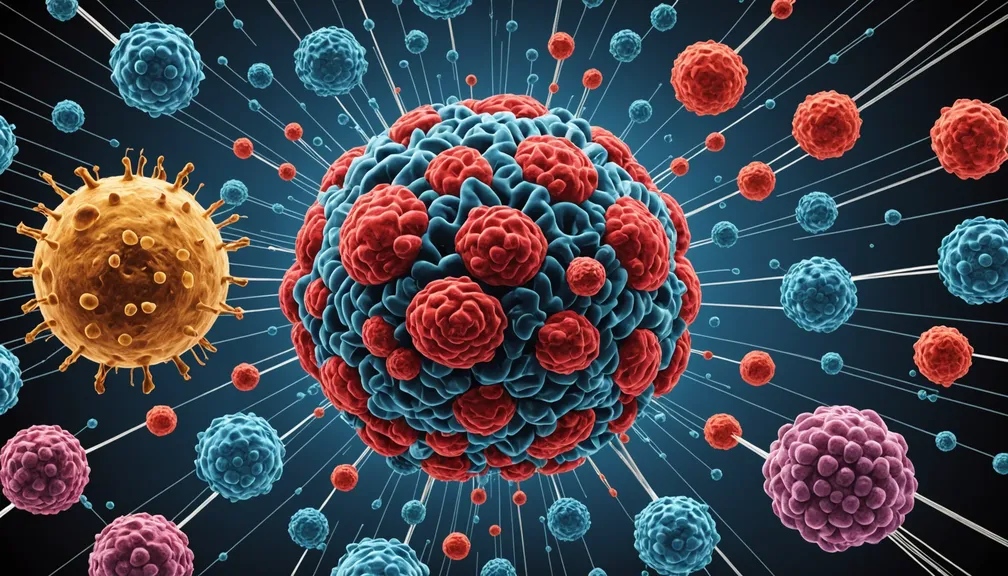Advancements in Targeted Therapies and Immunotherapy
Understanding Targeted Therapies
What are Targeted Therapies?
Targeted therapies are treatments that specifically attack cancer cells without harming normal cells. Unlike traditional chemotherapy, which affects all rapidly dividing cells, targeted therapies focus on unique molecules and pathways that cancer cells use to grow and survive.
How Do They Work?
- Identifying Specific Targets: Targeted therapies identify and bind to specific proteins or genes that are involved in cancer cell growth.
- Disrupting Cancer Growth: By blocking these targets, the therapies can stop cancer cells from multiplying or signal them to die.
- Minimal Side Effects: Since they target only cancer cells, targeted therapies typically have fewer and less severe side effects compared to traditional treatments.
Examples of Targeted Therapies in Rare Solid Tumors
- Tyrosine Kinase Inhibitors: These block enzymes that promote cancer cell growth. Used in tumors like gastrointestinal stromal tumors (GIST).
- Monoclonal Antibodies: These are immune system proteins engineered to attach to specific targets on cancer cells, such as HER2-positive breast cancer.
- Angiogenesis Inhibitors: These prevent the formation of new blood vessels that tumors need to grow, used in certain sarcomas.
Understanding Immunotherapy
What is Immunotherapy?
Immunotherapy is a type of cancer treatment that helps your immune system fight cancer more effectively. It enhances the body’s natural defenses to recognize and destroy cancer cells.
How Does Immunotherapy Work?
- Boosting Immune Response: Immunotherapy stimulates the immune system to identify and attack cancer cells.
- Checkpoint Inhibitors: These drugs block proteins that prevent immune cells from attacking cancer cells, making the immune system more effective.
- CAR T-Cell Therapy: This involves modifying a patient’s T-cells to better recognize and kill cancer cells.
Examples of Immunotherapy in Rare Solid Tumors
- Checkpoint Inhibitors: Used in certain types of sarcomas and neuroendocrine tumors.
- Adoptive Cell Transfer: Treatment for specific rare tumors where immune cells are engineered to target cancer.
- Cancer Vaccines: Designed to elicit an immune response against cancer-specific antigens.
Benefits of Targeted Therapies and Immunotherapy
Advantages over Traditional Treatments
- Precision: Targets specific cancer cells, reducing damage to healthy cells.
- Effectiveness: Can be more effective in certain rare tumors where traditional treatments have limited success.
- Long-Term Control: May provide longer-lasting responses and control over cancer progression.
Potential Side Effects
- Targeted Therapies: May include fatigue, skin problems, and high blood pressure.
- Immunotherapy: Can cause immune-related side effects such as inflammation of organs, fatigue, and skin rashes.
- Management: Side effects are often manageable with appropriate medical care and monitoring.
Recent Advancements
New Targeted Treatments on the Horizon
- Personalized Medicine: Developing therapies based on individual genetic profiles of tumors.
- Next-Generation Inhibitors: More precise drugs targeting multiple pathways involved in tumor growth.
Latest Immunotherapy Developments
- Combination Therapies: Combining immunotherapy with targeted therapies to enhance effectiveness.
- Bi-Specific Antibodies: Engineered to engage two different targets simultaneously, improving immune system targeting of cancer cells.
- Enhanced CAR T-Cell Therapies: Improving the persistence and activity of engineered T-cells in the body.
Treatment Planning
How Doctors Determine the Best Treatment
- Genetic Testing: Identifying specific mutations and targets within the tumor.
- Comprehensive Evaluation: Assessing overall health, cancer stage, and previous treatments.
- Multidisciplinary Approach: Collaborating with various specialists to devise a personalized treatment plan.
Importance of Personalized Medicine
Personalized medicine ensures that treatments are tailored to the unique characteristics of each patient's cancer, increasing the likelihood of success and minimizing unnecessary side effects.
Supportive Healthcare Professionals
Types of Doctors Involved
- Medical Oncologists: Specialists in cancer treatment, including targeted therapies and immunotherapy.
- Surgical Oncologists: Surgeons who remove tumors and may be involved in treatment planning.
- Radiation Oncologists: Experts in using radiation therapy as part of cancer treatment.
Other Health Professionals Who Can Help
- Genetic Counselors: Help patients understand genetic testing and implications for treatment.
- Nurse Practitioners and Physician Assistants: Provide ongoing care and support during treatment.
- Pharmacists: Manage medication regimens and address any drug-related concerns.
- Mental Health Professionals: Offer emotional support and counseling to help cope with diagnosis and treatment.
Actionable Advice
Questions to Ask Your Doctor
- What targeted therapies or immunotherapies are available for my specific type of tumor?
- What genetic tests should I consider to determine the best treatment options?
- What are the potential benefits and side effects of these treatments?
- How will these treatments fit into my overall care plan?
Finding a Specialist
- Research Centers: Look for cancer centers that specialize in rare solid tumors and offer advanced treatment options.
- Second Opinions: Don’t hesitate to seek a second opinion to explore all available treatment strategies.
- Support Groups: Connect with organizations and support groups that can provide recommendations for specialists experienced in treating rare solid tumors.
This lesson aims to provide a clear understanding of the latest advancements in targeted therapies and immunotherapy for rare solid tumors. By staying informed and working closely with healthcare professionals, patients and their loved ones can navigate treatment options more effectively and make empowered decisions regarding their care.






